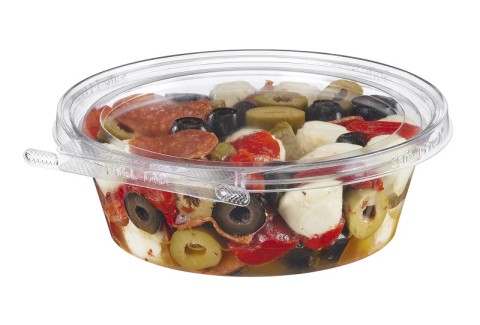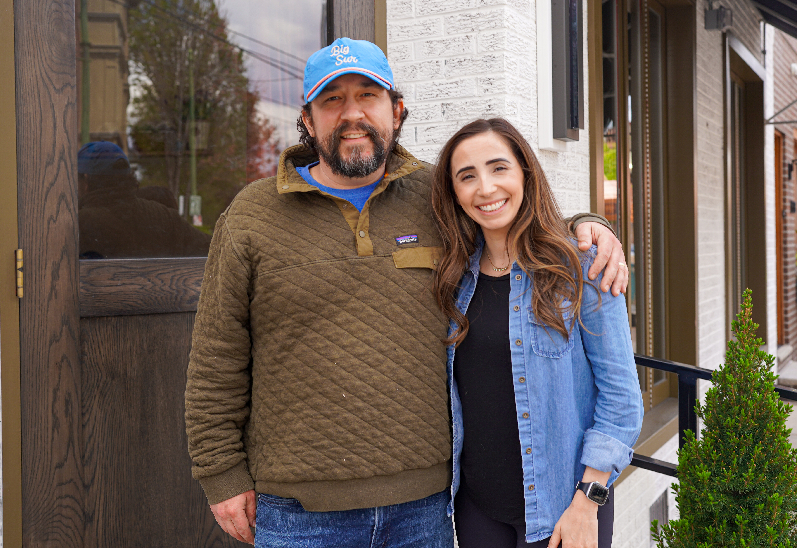From “Hey, Good Lookin’” all the way to “Your Cheatin’ Heart,” where would we be without some of our most classic songs? It’s hard to imagine, but these and many others might never have cracked the airwaves were it not for some forward-thinking broadcasters. Back in 1939, these pioneering individuals saw an opportunity and opened their doors to sign up and play the music of some of America’s most legendary writers, like Hank Williams.
 At the time, there wasn’t any jazz, blues or country to turn the radio dial to. But it wasn’t because these styles of music didn’t exist. Even though copyright law protected these emerging genres (which eventually spawned R&B, rock, pop, rap, etc.), there was nobody to license it to broadcasters, so it couldn’t legally be played. The music that could be played, from what is known as Tin Pan Alley, is undoubtedly an important part of America’s musical history, but back then it was growing too expensive for the radio industry to use. As a result, a plan was hatched to nurture and promote new music to license and broadcast.
At the time, there wasn’t any jazz, blues or country to turn the radio dial to. But it wasn’t because these styles of music didn’t exist. Even though copyright law protected these emerging genres (which eventually spawned R&B, rock, pop, rap, etc.), there was nobody to license it to broadcasters, so it couldn’t legally be played. The music that could be played, from what is known as Tin Pan Alley, is undoubtedly an important part of America’s musical history, but back then it was growing too expensive for the radio industry to use. As a result, a plan was hatched to nurture and promote new music to license and broadcast.
This open-door policy snowballed and the rest, as they say, is history. Now, not only is there music for every taste, there are restaurant and bar owners everywhere that also see the opportunities in creating their own musical niche. By featuring great music, along with great food and/or drink, business owners manage to keep their doors open in a very competitive marketplace. BMI is proud to be a part of that because those forward-thinkers who got the vinyl spinning for much of today’s music were the founders of BMI.
 Today, BMI represents nearly 12 million songs and offers restaurant and bar owners many options to use music to enhance their businesses, from discounts for timely payments, as well as participating association discounts, to a fee structure that allows them to pay for only the music they play. A BMI license also allows restaurants and bars to change their music use policy, and we’ll change their fee, up to three times per contract year. This flexibility allows businesses to experiment with what type of music works best for them and when. In addition, radio and TV use are included without charge when used in conjunction with recorded music.
Today, BMI represents nearly 12 million songs and offers restaurant and bar owners many options to use music to enhance their businesses, from discounts for timely payments, as well as participating association discounts, to a fee structure that allows them to pay for only the music they play. A BMI license also allows restaurants and bars to change their music use policy, and we’ll change their fee, up to three times per contract year. This flexibility allows businesses to experiment with what type of music works best for them and when. In addition, radio and TV use are included without charge when used in conjunction with recorded music.
Jot Condie, President, and CEO of the California Restaurant Association had this to say about the process: “BMI has provided an easy, efficient and affordable way for establishments across the country to license the music that works best for their businesses.”
 As BMI continues its efforts to help businesses benefit from the use of music, we also support songwriters and composers by encouraging them creatively. We help them navigate the industry and take care of a very important aspect of their careers – getting paid – which ensures that the flow of great music is always available. Each of our songwriters is like the owner of a small business, and even though their product isn’t something you hold in your hand, a great song is something you can’t get out of your head. And what would life be without that?
As BMI continues its efforts to help businesses benefit from the use of music, we also support songwriters and composers by encouraging them creatively. We help them navigate the industry and take care of a very important aspect of their careers – getting paid – which ensures that the flow of great music is always available. Each of our songwriters is like the owner of a small business, and even though their product isn’t something you hold in your hand, a great song is something you can’t get out of your head. And what would life be without that?
Learn what these incredibly talented but everyday business people have to say about BMI’s role in their careers here. You’ll see why we’re as passionate about them as we are about their music.
For more information on how to obtain a BMI music license, please visit www.bmi.com or call a BMI representative at (800) 325-1395.








